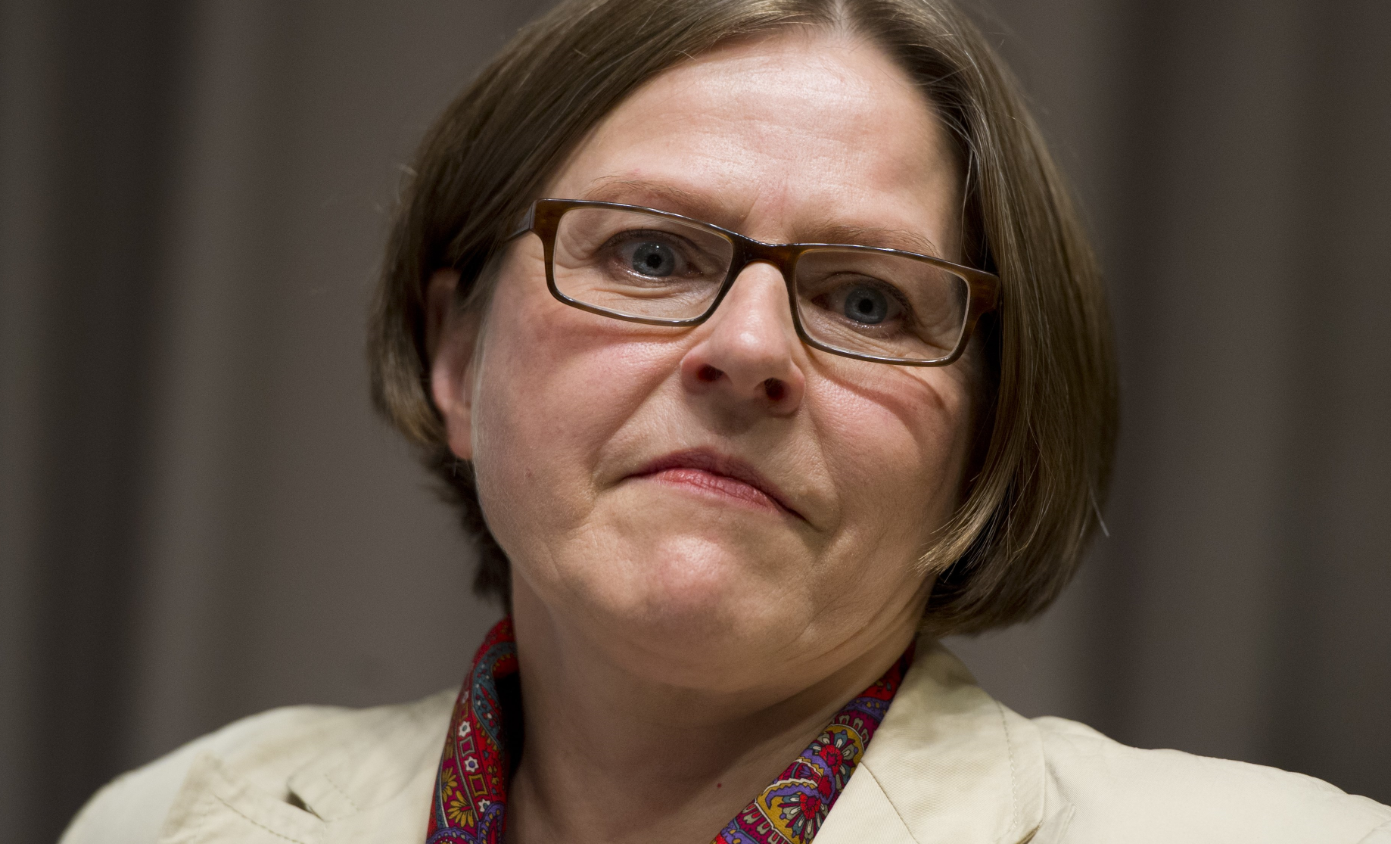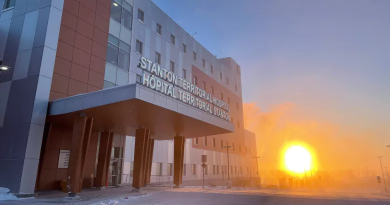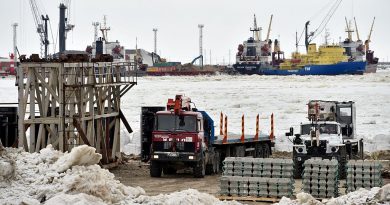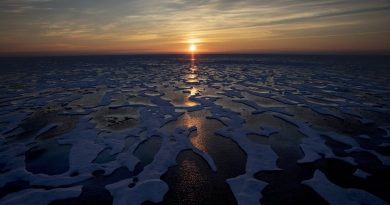Finnish politician involved in EU nuclear safety grants for Arctic Russia, blacklisted by Moscow

Nuclear safety projects in the Murmansk region wouldn’t be the same without her contribution.
Finnish European Parliament Member Heidi Hautala is today one of 89 Europeans barred from Russia in response to EU sanctions over Crimea and Ukraine.
In the 90ies and early 2000s the Greens’ Parliament Member, originally from Oulu, was key supporter for the European Union’s involvement to secure nuclear waste in the Russian north.
She initiated several resolutions in the European Parliament on the issue, including the one from the year 2000 calling upon “the Commission to increase aid earmarked for Russia to decommission its ageing nuclear submarine fleet in the wake of the Kursk disaster.”
Efforts in Murmansk region
The same Resolution urged the European Commission to “do everything it can, in international cooperation and regulatory assistance programmes, to ensure that the Russian spent nuclear fuel facilities do not pose any threat to man or the environment.”
“EU’s grant assistance for nuclear safety in the Murmansk region would not be the same without her enthusiasm and push,” says Nils Bøhmer, nuclear physicist with the Bellona Foundation.
Bøhmer was at the time secretary for an Inter-Parliamentarian Working Group aimed at boosting funding to Russia’s Arctic nuclear waste challenges. The group had members from the European Parliament, the Russian State Duma and from Stortinget in Norway.
Nuclear safety projects
The European Commission has granted tens of millions of Euro for nuclear safety projects in Northwest Russia, including to the current ongoing decomissioning of the “Lepse” nuclear waste ship at Nerpa shipyard on the Kola Peninsula.
Heidi Hautala was also an active supporter in promoting political and economic dialogue across EU’s eastern border, as one of the initiators of sub-programmes to EU’s Northern Dimensions partnership with Russia.
A joint European Parliament Resolution from 2003, signed by Hautala, calls on states cooperating across the border to also involve civil society.
The text reads: “… autonomous non-governmental organisations of various kinds, not least trade unions and professional associations, should have a significant role in political, socio-economic and cultural co-operation.”
‘Active supporting of state coup’
Russia’s list of 89 European politicians and military leaders banned entry to Russia was made public on Saturday.
Foreign Minister Sergey Lavrov is quoted by Reuters saying the list was introduced to “officials who have been most active in supporting the state coup that led to the start of persecution and discrimination of Russians in Ukraine.
“With the EU introducing its restrictions on some 150 Russians, I think, we did the same for a considerably smaller number of EU member states’ citizens,” Lavrov said.
Heidi Hautala says to YLE that she is “not the least bit” surprised that her name is on the list.
“Of course, I have a long history of being somehow marked by the Kremlin for many years, beginning with the Politkovskaya murder in 2006 on which I took a strong stand,” she says.
Related stories from around the North:
Denmark: Nordics to step up security cooperation on perceived Russian threat, Yle News
Finland: Survey – More than half of reservists in Finland pro-Nato, Yle News
Norway: Norway must ramp up military in response to Russia: report, Barents Observer
Russia: Putin signs law against “undesirable” NGOs, Barents Observer
Sweden: Sweden awaits Russian blacklist explanation, Radio Sweden
United States: U.S. Arctic rep: Russia’s Arctic buildup not necessarily martial, Alaska Public Radio Network



